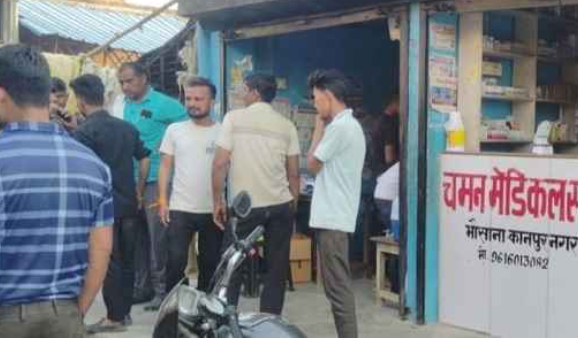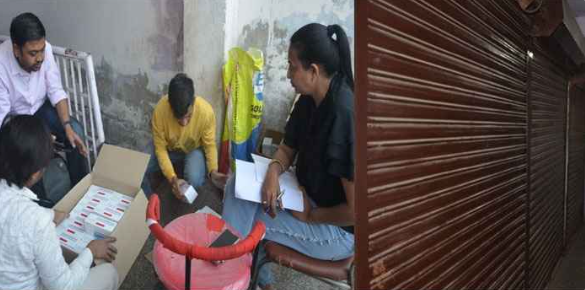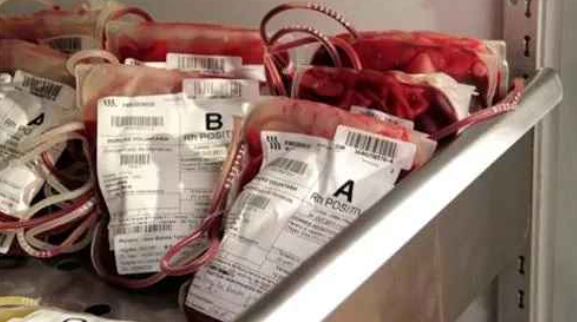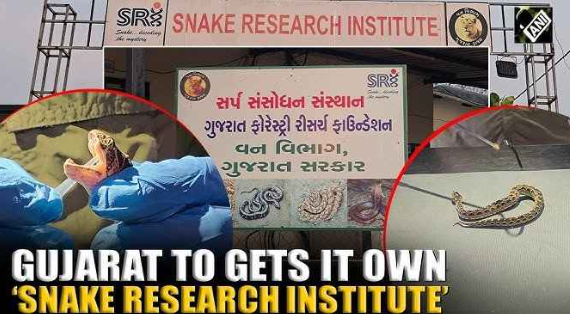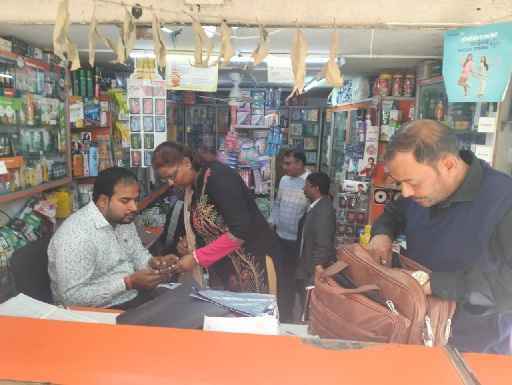
New Delhi: Even as the Central government is bringing in new schemes and assistance to accelerate the growth of the medical devices industry in the country, certain actions on the other side are stalling the momentum, feels a section of the industry.
It was in the first half of November the Department of Pharmaceuticals (DoP) under the Union ministry for chemicals and fertilisers launched a Rs. 500 crore scheme of Strengthening of Medical Device Industry (SMDI) for three years from 2024-25 to 2026-27, in order to support the growth of the sector in the country.
In the second half of the month, the domestic industry members are complaining that the delay in imports of major components of certain medical devices owing to arbitrary decision making by the regulatory officials is affecting their business.
The imports of components related to medical electronics equipment such as x-ray machines and other diagnostics devices faced delays owing to the decision of regulatory officials to treat components such as flat panels as medical devices.
Association of Indian Medical Device Industry (AiMeD), the umbrella association of Indian manufacturers of medical devices, has sought proper transitioning of regulations to avoid disruptions in business or shortages in market.
“Such cases should be moved through the Medical Devices Technical Advisory Group to DTAB for any Rules change or issuance of guidelines to manufacturers with adequate preparatory period,” said Rajiv Nath, forum coordinator, AiMeD.
It is said that manufacturing activities of major devices firms such as Allengers and Trivitron have been impacted as their shipments were held up at ports. Management from both the firms were not available for comment.
Responding to the allegations, regulatory officials said that Flat Panel Detectors (FPD) is one of the major parts of the digital radiography imaging device, whose quality and performance may impact the performance or safety characteristics or the intended purpose of the medical device. Based on the established criteria of classification, it is classified as a Class B device with import and manufacturing licenses issued by the licensing authority under the Medical Devices Rules, 2017.
The import of medical devices requires an import license in Form MD-14 from the Licensing Authority before its import into the country.
Around 30 importers or manufacturers have already taken license for import or manufacturing of FPD from the licensing authority, they added.
“In case of any further clarity on regulatory requirements by the stakeholder, the CDSCO is giving the necessary clarification through a PRO meeting or through Personal Hearing. In the particular cases of the import of an FPD device, the importer has approached the CDSCO through different channels, and importer has already been clarified to obtain an Import license to fulfil the requirement for its import,” said the regulator.
The import issue is only the latest in a slew of other government decisions that has attracted opposition from the members of domestic medical devices manufacturing units even as there are measures from the government to support domestic production.
The industry bodies earlier this month hailed the centre’s decision to launch the centrally sponsored scheme of SMDI, the Rs. 500 crore scheme envisaged to help the domestic players in the medical equipment industry to restart manufacturing and even become exporters and will provide the much needed fillip to address the skill shortage problem in the industry.
“The domestic players who had become traders and importers and shifted to pseudo manufacturing will now be again motivated to become actual manufacturers and produce complete products and their components in house,” said Nath earlier.
Amidst this support, certain industry leaders feel that the government’s support for imports of pre owned medical equipment would act against the domestic industry. The import of pre owned medical equipment is opposed by the Indian manufacturers and some of the healthcare-related groups alleging that it would compromise the safety of the patients and harm the environment.
Similarly, the DoP under the ministry of chemicals has last year announced the National Medical Devices Policy to align all ministries in decision making to support the growth of the medical devices industry, supporting the ‘Make in India’ goals.
However, the lack of coordination and alleged cross lobbying of the ministries are giving confusing signals to overseas and Indian manufacturers, said an industry leader.
Yet another instance is while the DoP is incentivising the domestic manufacturing of medical devices through the production linked incentive (PLI) scheme, the DGHS has given Global Tender Enquiry (GTE) exempting around 354 medical devices from the local procurement clause, allowing the procurement agencies to float global tender for purchase of these devices from other markets.
It is argued that the domestic manufacturers have manufacturing licenses for some of these products, and taking away the advantage of public procurement preference will only affect the goals envisaged by the Make in India policy.
With both the ministry of chemicals and fertilisers and the ministry of health and family welfare being under the supervision of the same minister, there is more scope for the departments to work together towards the goal of accelerated growth of the medical devices industry. This could help the country’s healthcare sector and the patients in future.


